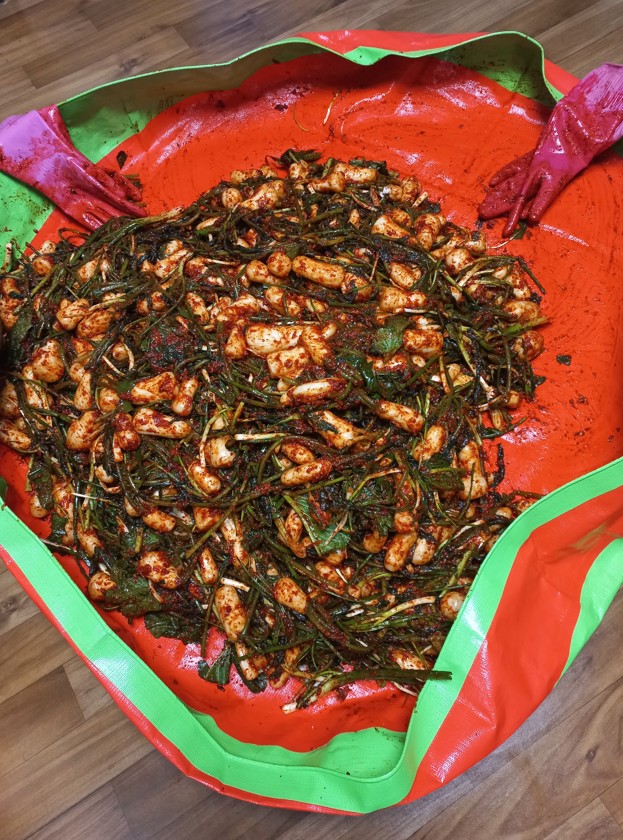 What is the special and unique thing about Korean Kimchi?
What is the special and unique thing about Korean Kimchi?
What is the special and unique thing about Korean Kimchi?
A staple of Korean cuisine, kimchi is a traditional fermented food with a unique blend of taste and texture. Filled with pungent aroma and vivid color, kimchi is not only a pleasant culinary experience but also a symbol of Korean culture. In this article, we will find out what makes Korean kimchi special and explore the various characteristics that distinguish it.
The historical significance of kimchi.
Kimchi occupies an important place in Korea’s history and society. It dates back to ancient times, when it was made as a means to preserve vegetables for consumption during the long, harsh winter months. Kimchi’s historical importance in Korean culture is undeniable, as it has been passed down through generations with its continuous development in taste and preparation methods.
Ingredients and fermentation process.
The key to kimchi lies in its ingredients and fermentation. Traditional kimchi is made using Napa cabbage, which is carefully washed, salted, and left over for a period of time. The addition of spices, including red pepper powder, garlic, ginger, and green onions, creates a side view of kimchi’s unique, fiery taste. The fermentation process, usually performed in a large clay pot called Onggi, allows the vegetables to be developed further while ensuring the preservation of the vegetables.
The health benefits of kimchi.
Consuming kimchi not only boosts your appetite but also provides many health benefits. Kimchi is a food rich in probiotics, including beneficial bacteria that promote a healthy digestive system. It is also rich in vitamins A, B, and C as well as antioxidants that boost the immune system. In addition, Kimchi’s low calories and high fiber content contribute to weight management and overall well-being.
The versatility of kimchi.
Kimchi’s versatility is another feature that makes it truly unique. The classic Napa cabbage kimchi remains the most popular variant, but there are countless different types of kimchi that can be made using a variety of vegetables, such as radishes and cucumbers. This adaptability provides a variety of flavors and textures, satisfying different taste preferences and enhancing the variety of Korean dishes.
Culturally important food.
Besides its culinary appeal, kimchi has immense cultural importance in Korea. It symbolizes good luck, vitality, and prosperity, and is often served for special occasions such as weddings. The joint kimchi-making event in late fall brings families and communities together, strengthening a sense of unity and shared heritage.
In conclusion, Kimchi’s unique characteristics are its historical meaning, ingredients, fermentation process, health benefits, versatility, and cultural meaning.